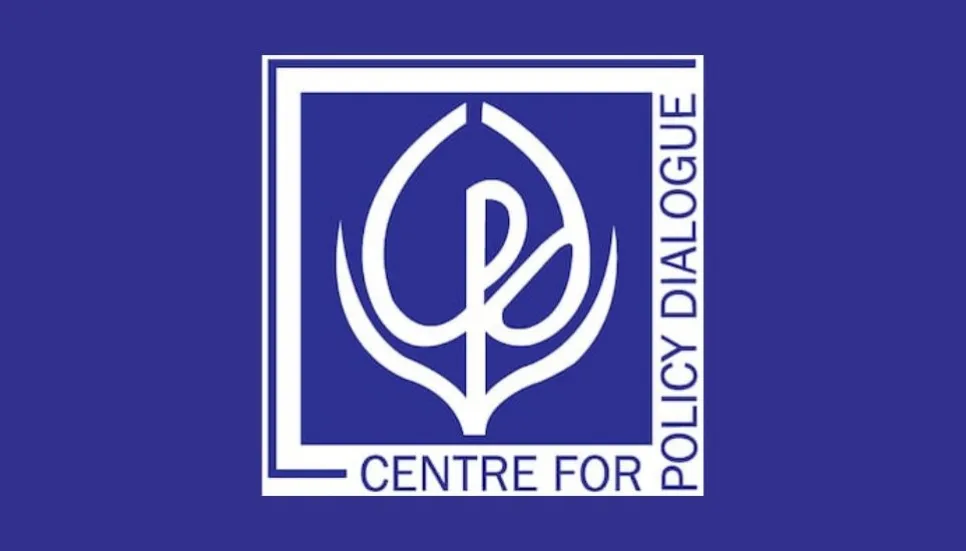Strong banking reform depends on strong political resolve

Staff Reporter :
The Centre for Policy Dialogue (CPD) has called for political commitments from the highest level required for comprehensive and sustained reforms in the banking sector.
The independent think-tank, indentified legal and regulatory frameworks have proven inadequate to address the challenges of the banking sector.
Loan defaulters have exploited loopholes in the Money Loan Court Act and taken stay orders from the court to delay repayment. The overburdened judicial system struggles to address the backlog of unresolved cases. Amendments to the Banking Company Act that favour crony capitalists have weakened governance.
The non-performing loans (NPLs) have also increased due to lenient legal actions against willful defaulters. The lack of transparency and data reliability is a significant barrier to undertaking appropriate measures to improve the sector, CPD states.
The size of the NPLs as of September 2024 is 2.7 times higher than the combined allocation for the education and health budget in FY2024.
The think-tank revealed that information during its analysis of the “State of the Bangladesh Economy in FY2024-25” report at CPD’s office in Dhanmondi, Dhaka on Wednesday.
CPD also urged the interim government to immediately freeze bank accounts belonging to willful defaulters and their family members, liquidating their assets and temporarily nationalizing their businesses.
Reviewing the first half of Bangladesh’s economy in 2024,
CPD highlighted significant challenges that have emerged over recent years.
These include weak revenue generation leading to limited fiscal space, heavy dependence on bank borrowing to bridge budget deficits, tight liquidity in banks, soaring prices of essential commodities, declining investments, and shrinking foreign reserves – all of which have threatened macroeconomic stability.
Total revenue collection recorded a marginal 3.7 per cent growth during the July-October period of FY2025, implying that a whopping 45.1 per cent growth will be required during the remainder of FY2025 if the annual target is to be achieved. 2.
The point-to-point general CPI inflation rate was higher in rural areas than urban areas for 16 months out of the 21 months between April 2023 and December 2024.
The government failed to reduce price hikes by not taking major steps to address irregularities such as extortion, hoarding, and irrational price-fixing of essential commodities, while inflation remained persistently high, CPD report said.
Private investment is experiencing major disarray during the tenure of the interim government, which started in the previous regime, the report disclosed.
CPD stressed that addressing these multifaceted issues requires a comprehensive approach-balancing short-term relief for the public, resolving deep-rooted economic problems, and implementing sustained reforms to strengthen financial fundamentals.
To steer Bangladesh’s economy in the coming months, CPD urged the interim government to adopt a balanced and effective strategy that not only tackles immediate crises but also initiates medium- to long-term reforms, to be continued by the politically elected government.
While responding to a question at the program, CPD Executive Director Dr Fahmida pointed out that ongoing policies and reforms would ultimately depend on an elected government for implementation.
“In such an uncertain situation, major investments will not materialize. Big decisions, structural changes, and organisational transformations cannot move forward without stability,”
CPD’s Distinguished Fellow, Dr Mustafizur Rahman, echoed similar sentiments, saying that political and economic reforms are not mutually exclusive and can proceed simultaneously.
He emphasised the need for democratic processes within political parties to ensure sustainable governance.
“I personally believe the country must progress through a democratic process swiftly,” Dr Rahman said, urging for continued political and economic reforms.
